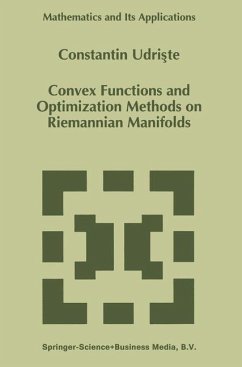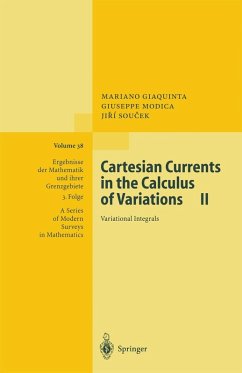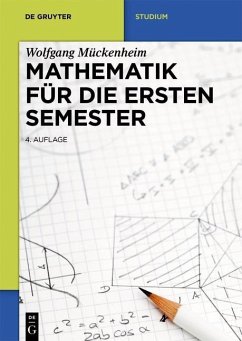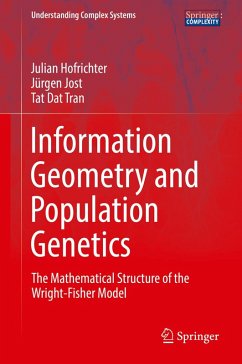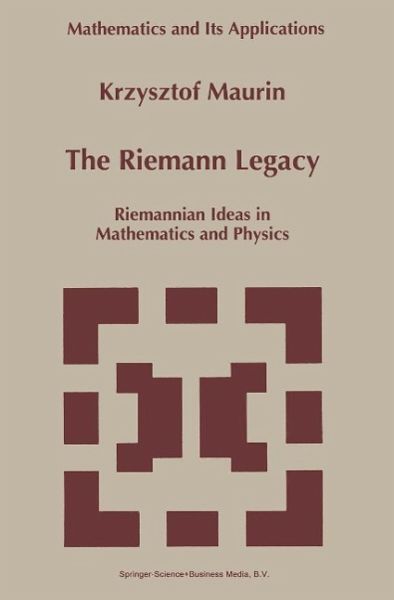
The Riemann Legacy (eBook, PDF)
Riemannian Ideas in Mathematics and Physics
Versandkostenfrei!
Sofort per Download lieferbar
80,95 €
inkl. MwSt.
Weitere Ausgaben:

PAYBACK Punkte
40 °P sammeln!
very small domain (environment) affects through analytic continuation the whole of Riemann surface, or analytic manifold . Riemann was a master at applying this principle and also the first who noticed and emphasized that a meromorphic function is determined by its 'singularities'. Therefore he is rightly regarded as the father of the huge 'theory of singularities' which is developing so quickly and whose importance (also for physics) can hardly be overe~timated. Amazing and mysterious for our cognition is the role of Euclidean space. Even today many philosophers believe (following Kant) that ...
very small domain (environment) affects through analytic continuation the whole of Riemann surface, or analytic manifold . Riemann was a master at applying this principle and also the first who noticed and emphasized that a meromorphic function is determined by its 'singularities'. Therefore he is rightly regarded as the father of the huge 'theory of singularities' which is developing so quickly and whose importance (also for physics) can hardly be overe~timated. Amazing and mysterious for our cognition is the role of Euclidean space. Even today many philosophers believe (following Kant) that 'real space' is Euclidean and other spaces being 'abstract constructs of mathematicians, should not be called spaces'. The thesis is no longer tenable - the whole of physics testifies to that. Nevertheless, there is a grain of truth in the 3 'prejudice': E (three-dimensional Euclidean space) is special in a particular way pleasantly familiar to us - in it we (also we mathematicians!) feel particularly 'confident' and move with a sense of greater 'safety' than in non-Euclidean spaces. For this reason perhaps, Riemann space M stands out among the multitude of 'interesting geometries'. For it is: 1. Locally Euclidean, i. e. , M is a differentiable manifold whose tangent spaces TxM are equipped with Euclidean metric Uxi 2. Every submanifold M of Euclidean space E is equipped with Riemann natural metric (inherited from the metric of E) and it is well known how often such submanifolds are used in mechanics (e. g. , the spherical pendulum).
Dieser Download kann aus rechtlichen Gründen nur mit Rechnungsadresse in A, B, BG, CY, CZ, D, DK, EW, E, FIN, F, GR, HR, H, IRL, I, LT, L, LR, M, NL, PL, P, R, S, SLO, SK ausgeliefert werden.




